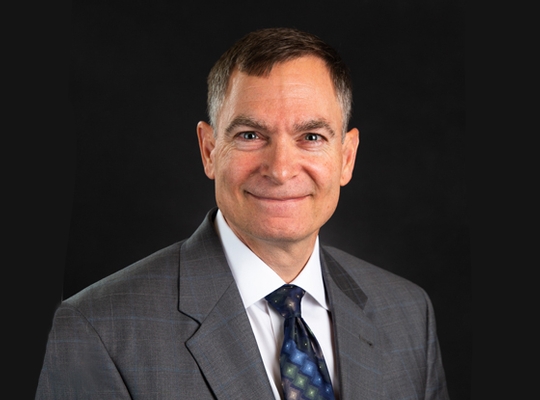Monday, February 4, 2019

Thu, 24 Jan 2019
staff
Professor Joel Hesch recently filed an amicus curiae brief before the United States Supreme Court. The high court is addressing whether the 10-year statute of limitations within the False Claims Act applies when whistleblowers bring the action under the statute’s qui tam provisions. The Supreme Court allows non-parties to file a brief in an ongoing case if they have special information, expertise, or insight that has a bearing on the issues in the case.
Having worked for over 15 years in the Civil Division of the Department of Justice in Washington, D.C., Hesch gained keen insights on the False Claims Act. While at the D.O.J., he worked on cases recovering over $1 billion dollars and was a trial attorney on a fraud case that went before the Supreme Court. This is the fifth time Hesch has filed an amicus brief before the Supreme Court.
In this present case, Professor Hesch explained that there are two issues regarding whether the 10-year statute of limitations applies to whistleblowers filing qui tam complaints on behalf of the government. First, does the limitation period apply to whistleblower-initiated suits? Second, does the government knowledge requirement include knowledge of the whistleblower, who is typically an employee of the wrongdoing entity?
Hesch provided insights and guidance on both points. According to Hesch, ten percent of billings to the government are fraught with fraud. The F.C.A.’s unique qui tam provisions allow whistleblowers to receive a portion of the recovery of the fraud case for filing a fraud case on behalf of the government.
Professor Hesch’s brief was favorably viewed in a recent legal article by Law360, in which the report quoted Hesch several times (“Prof Says Gov’t Opt Out Doesn’t Alter FCA Time Limits”, Law360, Shayna Posses, January 8, 2019).
The Court will hear arguments this spring and a decision will likely follow in the summer or fall.